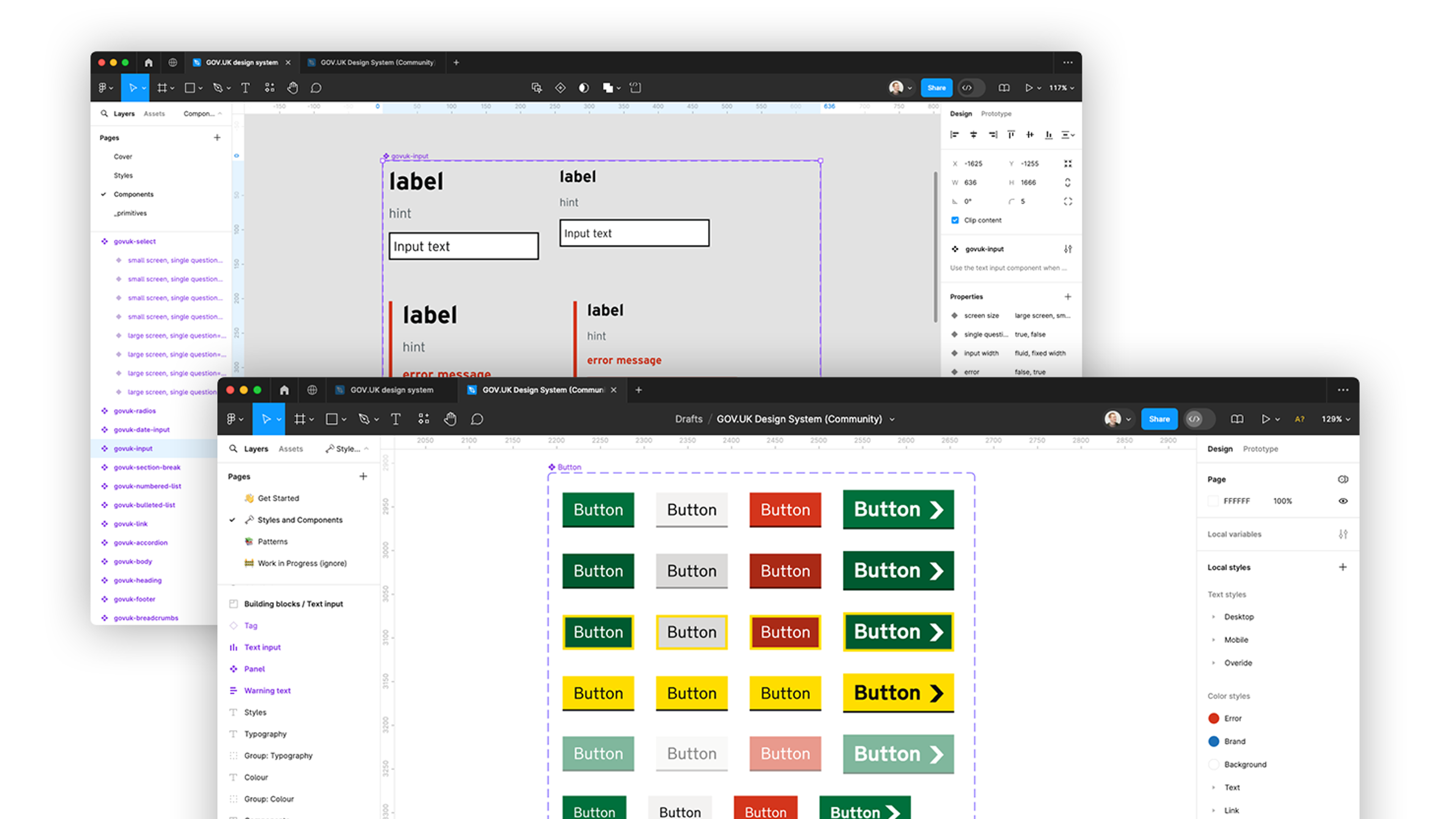Spelling Mistakes: Rude or Inept?
Talk about naïve.
The worst example I found was the home delivery information page on the Homebase website. It was long, ugly, and featured 33 mistakes. The gravest of the lot was this bad boy:
…have your order delivered to your workplace, a neighbors’s, etc.
Neighbors’s? To combine a localisation fail (UK English, anyone?), a grammar fail (apostrophe rage!) and a syntactical fail (neighbour’s workplace? Why would I want it delivered there?) in one single word is a miraculous feat. One could say Herculean, if Hercules had been really, really stupid.
There were also asterisks that linked to nothing, commas and full stops awry or missing, and three different notations for time (6.00pm, 6pm, 6 pm). That’s without touching the inconsistent person (‘you’, ‘the customer’), the Americanisms (‘neighorhood’) and the internal jargon (‘delivery lead time’). And the fact that the whole page took 1,493 words to explain how a delivery would work.
Several spellchecks later…
But that was years ago; back when businesses were trying to work out how to get their systems and information onto the web. Of course mistakes were being made, and things being overlooked. In some ways it must have been easy for web copy in a massive outfit like Homebase to slip through the cracks.
So what’s the same page like today?
The good news is that someone has worked on it. The am/pm denotations have been cleaned up and it is now written in UK English. A few words have been shaved off (still 1,377 words long though) and the punctuation reined in.
But the fact that someone has worked on the page makes the extant mistakes even worse. The very first line begins: ‘We’ll deliver it all for fromonly £5.95…’ (my emphasis). And the second paragraph is word-for-word the same nonsensical sentence from the old page:
Please note that your order is made up of a combination of items / delivery services, deliveries may be made separately.
How does this happen? Someone has looked at the page and implemented changes. Why are there still big, obvious mistakes?
I don’t run a colossal retail business. So when I ask this question, I genuinely want to know: when you’re Homebase, how hard is it to eradicate mistakes in your web copy?
Spelling mistakes cost money
The point is that mistakes look sloppy. They erode trust. In the case of a large corporation like Homebase, they say to the customer: we simply don’t care enough about you to provide you with clear, thoughtful information. We’re not even going to proofread it properly. Enough people buy from us anyway – who cares if you can’t work out what our delivery terms are?
How many businesses can afford to take this attitude? If you’re not as big as Homebase, mistakes may hurt you a lot more. Instead of taking it for sloppiness, people will think your spelling mistakes are the sign of an amateur. It was the moment that I spotted the word ‘Sreenplay’ on a film poster that I realised it was not the real thing.
And let’s not just talk in the vague terms of trust and professionalism. One online retailer doubled its revenue by correcting a single error on its website. The BBC story claims: ‘when there are underlying concerns about fraud and safety, then getting the basics right is essential.’
We need to know, on an unfamiliar website, that it is secure and reliable before we will buy anything through it. Spelling mistakes do not give us that reassurance. Spelling mistakes put a business in the same company as spam emails.
A few years into this work and I am not surprised by mistakes any more. Nor do I think it is merely a basic consideration that you write your copy properly. Rather, I think it’s a fundamental, strategic and essential one.
Originally posted on SmyWord.com
Ready to solve your problems?
We'll help meet the challenges facing your growing business. Get in touch and tell us what you need, the team can't wait to hear from you.
Contact us![2295X1200 Social Media [ All ] 01](https://fluent-umbraco-hwduaufvc9h8gbad.uksouth-01.azurewebsites.net/media/scujluzj/2295x1200-social-media-all-01.jpg?width=3840&height=2160&quality=70&format=Webp)

